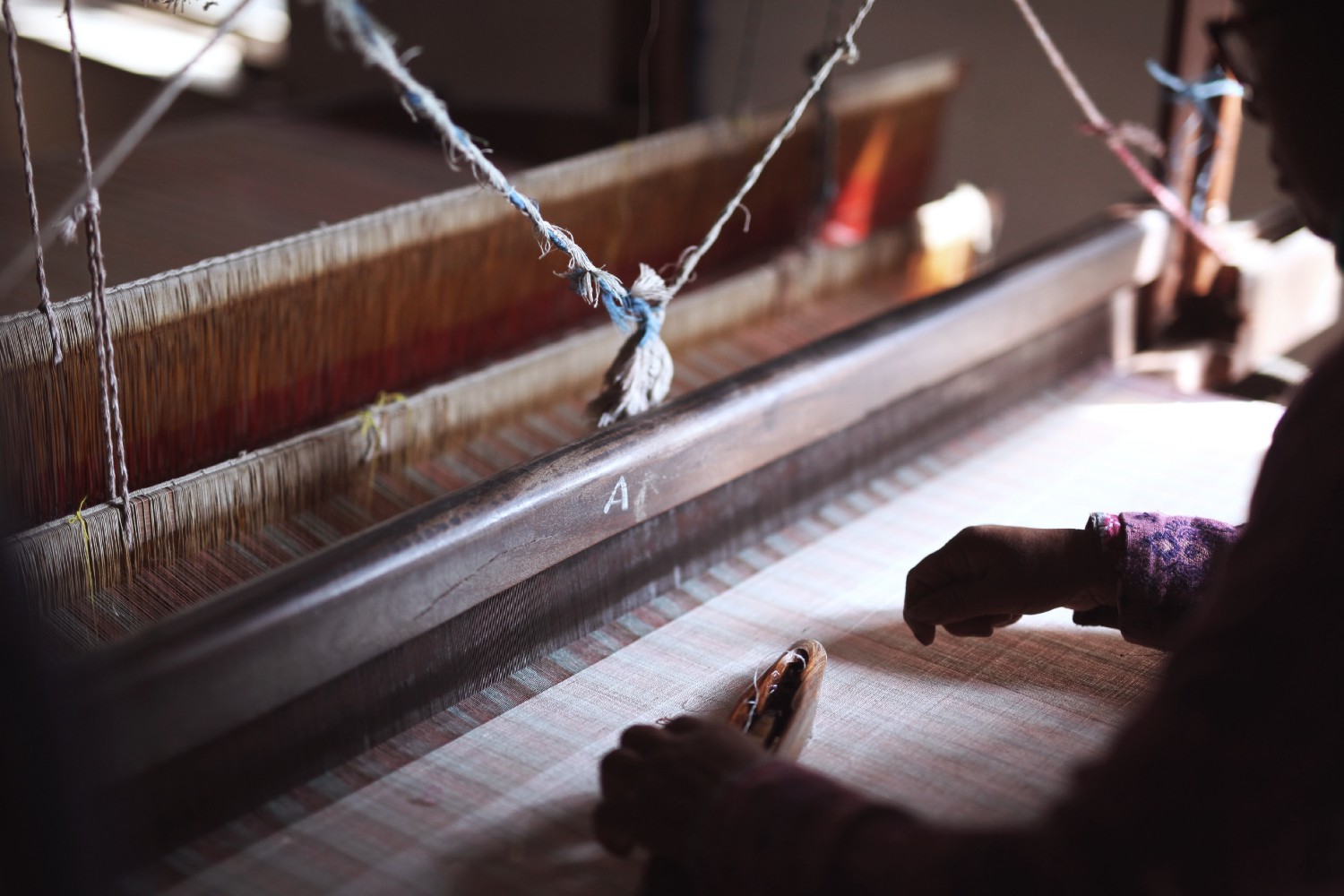Next week, 1,000 youths will convene in Denmark for the inaugural UNLEASH Innovation Lab. The first of its kind, this ambitious program is bringing together young talents to collaborate in pursuing the United Nations’ Sustainable Development Goals.
UNLEASH will be flying in the 1,000 problem-solvers from all the across the globe to be immersed into a unique network of corporations, think-tanks, foundations, non-profits, NGOs and other entrepreneurs.
I’m privileged to be joining the other 999 peers. At the Lab, I’ll be focusing on the Sustainable Production and Consumption theme with other entrepreneurs, problem-solvers, scientists and technologists in the same space. I’ll be bringing with me insights in artisan production processes via my work as the co-founder of Artisan & Fox.
Artisan & Fox is an ethical online marketplace serving artisans in developing regions. Over the past 2 years, we’ve worked with artisans in Afghanistan, Kenya, Nepal, Guatemala and Mexico, and have helped them access global consumers through e-commerce. Our team’s mission is to be the world’s largest online marketplace for craftsmanship from developing countries, guided by a focus on ethics, transparency and sustainability.
What is an ‘Artisan’?
Very simply, artisans are people who make things. Craftsmen and craftswomen, people who make things that we wear and use on a daily basis.

Despite how simple their livelihoods appear to be, I have seen first-hand the beauty of craftsmanship, and its tremendous potential for uplifting communities worldwide through my work with Artisan & Fox. The artisan sector is the second largest employer in developing countries, with immense potential for sustainable development. Craftsmanship has the potential to reinvigorate declining economies in rural and peri-urban areas.
At the same time, however, artisan production can be extremely harmful to the planet. Many artisans operate within the fashion industry, with fast fashion particularly being one of the most polluting industries globally.
Artisans that are struggling seldom prioritize eco-friendly methods of production. Their key concerns are on making ends meet, and artisans often source their materials locally without understanding the provenance or the environmental impact of their materials or process. We can nudge artisans toward more eco-friendly methods of production, for example, by incentivizing and paying a premium for use of organic cotton for weavers.
However, there is a need to now move beyond eco-friendly methods and sustainability thought-leadership to implementing regenerative cultures.
We need to respond to the fact that human activity over the last centuries and millennia has done damage to healthy ecosystems functioning. Resource availability is declining globally, while demand is rising as the human population continues to expand and we continue to erode ecosystems functions through irresponsible design and lifestyles of unbridled consumption. — Daniel Christian Wahl
Instead of focusing on minimizing the carbon footprint and ecological impact of retail production of handmade products, can we instead build regenerative cultures of production and consumption that goes beyond sustainability, to regeneration?
The following is an excerpt of my intended focus at UNLEASH: identifying opportunities to implement sustainable and regenerative processes of production for artisans in developing regions.
The Importance of Artisans
The artisan sector is the second largest employer across the developing world[1], and is a global industry worth greater than US$32billion annually[2]. Yet, this sector is fragmented with poor linkages to global markets[3].
Lack of Direct Access to Global Markets
Most artisans (65%) reside in developing economies. Yet, thousands lack direct access to global consumers, thereby often operating through extortionate middlemen, or in poor working conditions. Consequently, there is also a lack of capacity to embrace environmentally friendly modes of production due to the lack of technical knowledge and the necessary contemporary equipment that is commonplace in developed economies.
Opportunity To Contextualize New ‘Sustainability Tech’
Currently, most of the new sustainability models are developed in urban cities and applied in developed countries. There exists an opportunity to cross-pollinate innovative practices to be contextualized, for artisans in developing economies that reside in a fragmented supply chain and often low-technology setting. Particularly, new zero-waste methods, circular modes of production, and even newly developed textiles and fibres can be contextualized for production in a developing nation setting.

I’ve already met some of the UNLEASH peers in London. Each of us are working on varying initiatives and different themes. We all come from a multiplicity of backgrounds. But as diverse as we are, we all share a similar fervor for the problem that we are trying to solve.
I believe the future is bright with UNLEASH. See you there next week!
Originally published at medium.com


